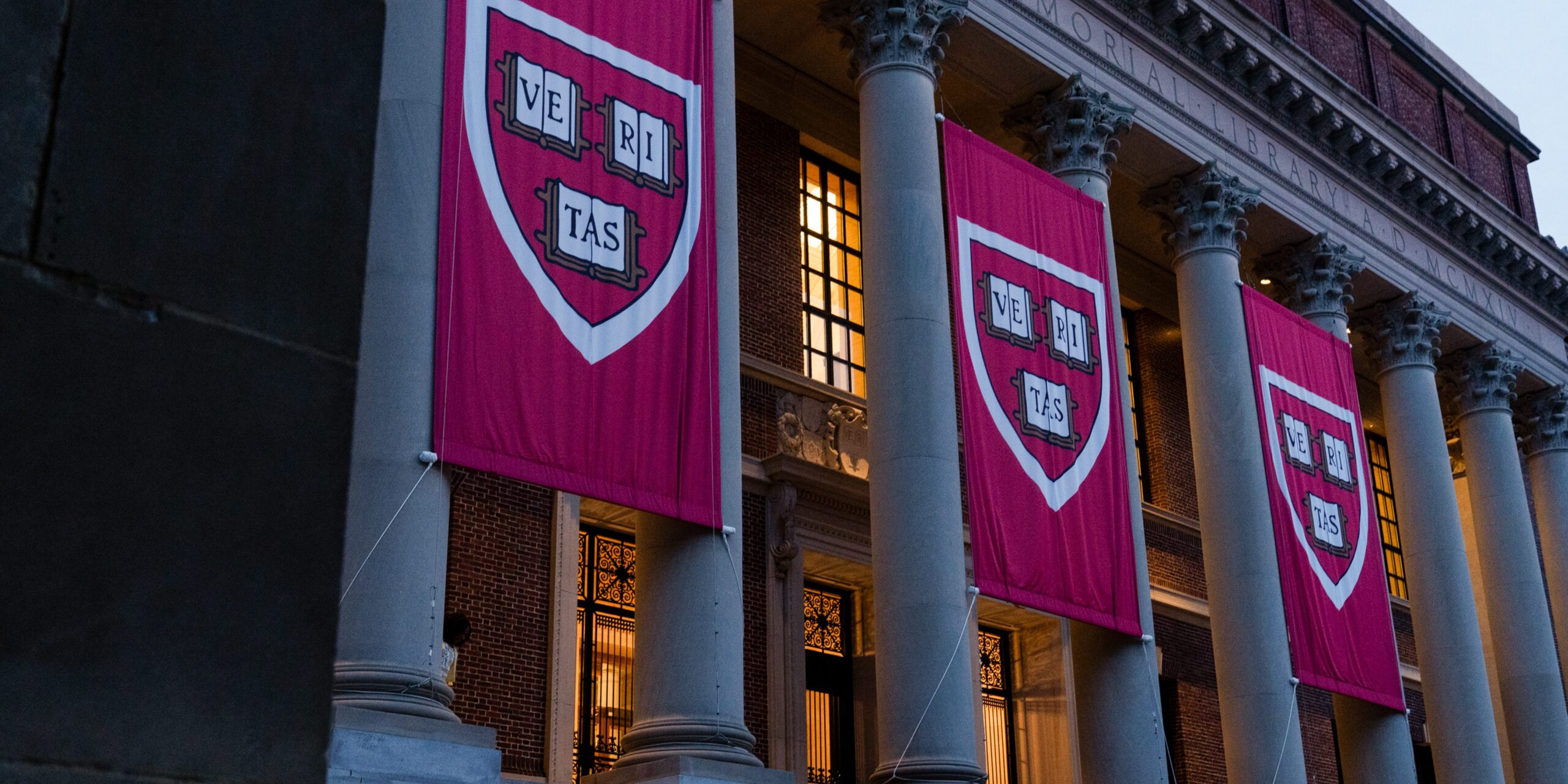**Harvard Divinity School Faces Criticism Over Censorship of Commencement Speech Mentioning Gaza**
In a move that has sparked controversy and debate over academic freedom, Harvard Divinity School has withheld the publication of a commencement speech that made references to the situation in Gaza. The decision has raised questions about the university’s commitment to open dialogue and its stance on contentious global issues, despite being perceived as an institution resisting political censorship.
During this year’s commencement ceremony at the Harvard Divinity School, a speaker included remarks about the humanitarian situation in Gaza, drawing attention to the ongoing conflict between Israel and Palestine. In a surprising turn of events, the university decided not to publish the speech, a customary practice for graduation addresses. This decision has ignited a discussion about the balance between institutional policies and freedom of speech.
Divinity School insiders have criticized the university’s actions, arguing that they contradict Harvard’s image as a bastion of liberal values and resistance against political pressures, particularly in the era of Donald Trump. “There seems to be a disparity between what Harvard stands for publicly and its internal practices,” one insider commented, highlighting a perceived tension between institutional reputation and operational decisions.
The controversy centers around the university’s selective approach to publication. Normally, commencement speeches are shared on official platforms as a record of the thoughts and inspirations imparted to graduates. This particular speech’s omission, purportedly due to its political content, has led to allegations of censorship. Critics argue that excluding such discourse from public view undermines the university’s mission of fostering an environment of open inquiry and debate.
Supporters of the school’s decision argue that certain topics, particularly those entangled in complex geopolitical circumstances, require careful handling to avoid misinterpretation or backlash. However, this has done little to quell the criticism from those who see it as a failure to uphold academic freedom.
As Harvard navigates the fallout from this episode, the incident raises broader questions about how institutions of higher learning can reconcile their responsibilities to their students with the need to maintain a politically neutral stance. The incident continues to draw attention from both the academic community and the public, as debates about censorship, free speech, and institutional responsibility rage on.
Source: theintercept.com

